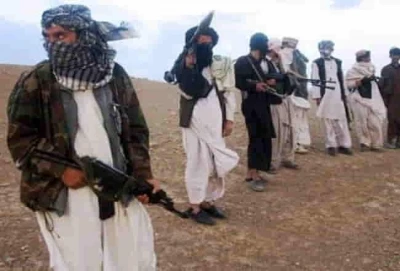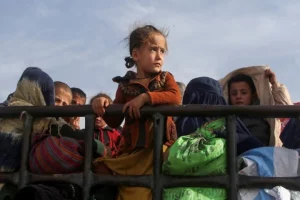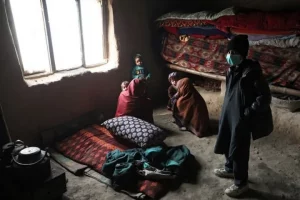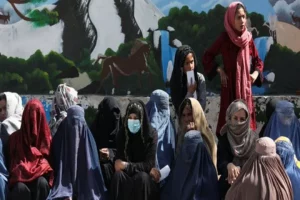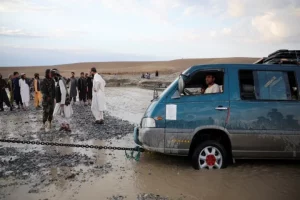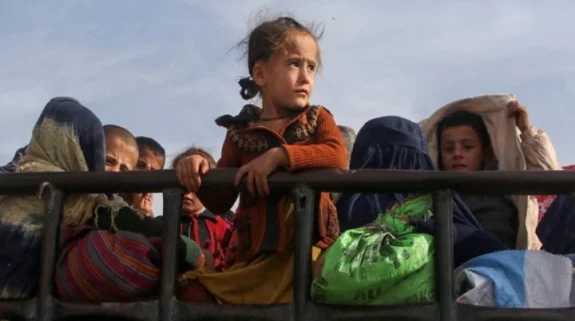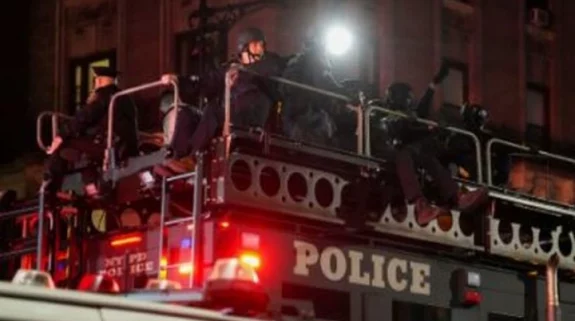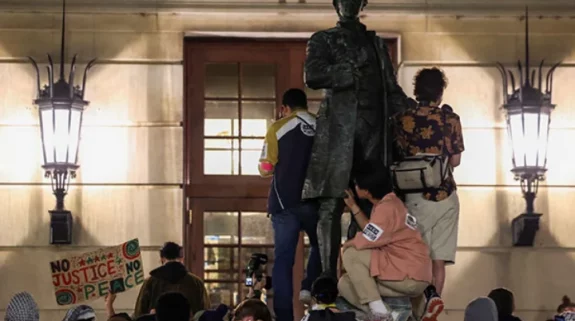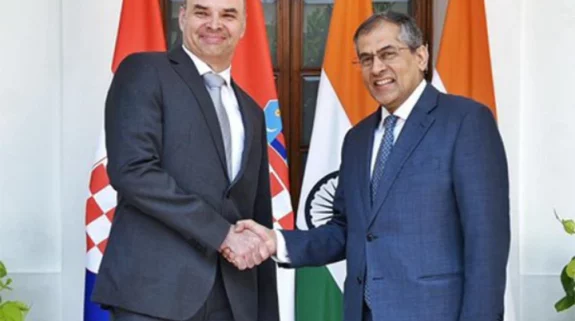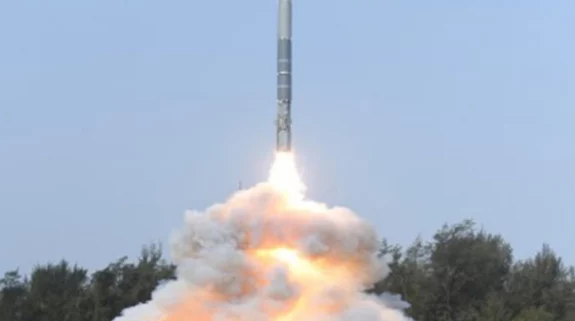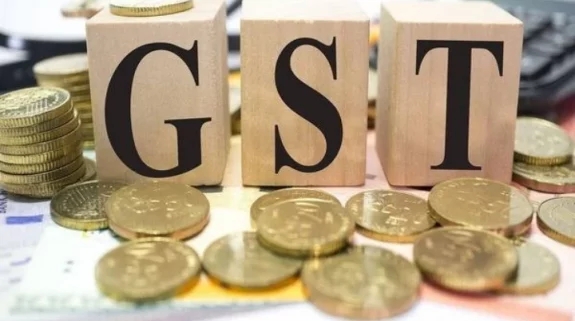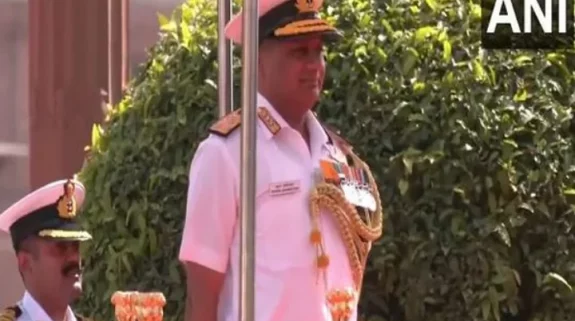As the Taliban formed a government in Afghanistan, led by the UN blacklisted Mullah Mohammad Hassan Akhund, concerns across the world have risen. It is now clear that the Taliban 2.0 is nothing but a repeat of their earlier avatar and that the government is anything but inclusive.
It is faced with two major challenges: Near collapse of the economy and infighting of its multiple factions.
“Taliban won militarily – but now have to govern. It is not easy,” Ajmal Ahmady, Afghanistan’s former acting governor of the country’s Central Bank, who has fled the country, had tweeted last month. He also said that the accessible funds that the Taliban can dig into are estimated to be about 0.1 per cent to 0.2 per cent of Afghanistan’s total international reserves—which is “not much.”
Also read: Haqqani duo in Taliban Cabinet carry $15 million US bounty on their heads for terror strikes
Economic challenges
The immediate fallout will be on the already crippled Afghan economy. The US, which has locked the accounts of the country’s $9.5 billion reserves, is unlikely to unfreeze them anytime soon. The infrastructure projects including the $7 billion Turkmenistan-Afghanistan-Pakistan-India natural gas pipeline project (TAPI) will not take off in the near future. Even China, Pakistan’s all-weather ally, which had earlier announced that it will be willing to work with the Taliban and help in reconstruction of the country has gone silent about its intentions to pump in money into the war torn country, also home to a large quantities of non-fuel minerals — estimated at about $1 trillion.
Analysts, India Narrative spoke to, said that though the Taliban has given an open initiation to China to invest in Afghanistan, Beijing is not going to take a decision in a hurry. “China is a careful investor and with the situation in Afghanistan, it will not immediately start putting in money,” an insider on condition of anonymity, said.
Needless to say, that amid all these uncertainties, the Afghani—the country’s currency has been steadily devaluing.
Also read: Taliban omits Ministry for Women, UN body says it’s a violation of international treaty
“The central bank of Afghanistan (DAB) — which I presided over until the fall of Kabul in August — worked with its international partners to prohibit such transactions. Now, Afghanistan and DAB under the Taliban are likely to be treated as sanctioned entities by the rest of the world,” Ahmady has now written in an article published by Bloomberg.
To add to the woes, trade too will take a hit.
The critical question therefore is: Will this government survive?
Many believe that it will not.
Infighting
““The country could break into a civil war as protests from within intensify. The Taliban have been united and fighting together as long as they were not in power but internally they have many factions and there is a possibility of major infighting breaking out,” leading geopolitical analyst Narendra Taneja told India Narrative.
Taneja added that the country’s economy is on the verge of a collapse which includes a food crisis.
“What is sad is that the common people of Afghanistan will be the worst impacted,” he said.
According to Brookings Institution the most significant threat to the Taliban regime could come from within. In a blog said it wrote, “The Taliban’s success as an insurgency rested on its ability to remain cohesive despite NATO efforts to fragment the group. But the group’s challenge of maintaining cohesiveness across its many different factions of varied ideological intensity and material interests is tougher now that it is in power.”
Also read: War-torn Afghanistan poses hidden challenge to the Taliban–acute food crisis amid droughts
The Chinese mouthpiece Global Times quoting analysts said since the Taliban senior members are the UN sanctions list, it “increases difficulty for this interim government to be recognized widely and restore normal international exchanges. It further said that China will monitor the situation closely “and will not change its position of urging the Taliban to keep what was promised.”
A civil war-kind of situation will further drive the country into an economic brink as no country—even its so called allies — would not be willing to open up investments.






